Tips for Enhanced Communication and Frequently Asked Questions
29 October 2024
Better hearing requires more than just hearing aids. Hearing your best means having the right technology — fit specifically to your individual hearing needs — for the environments you find yourself in most often and maximising that technology with better communication strategies.
Anytime someone is fit with new technology, there will be a period of adjustment. Regardless of whether your communication partner has an untreated hearing loss or is a first-time hearing aid wearer, the following communication tips can be used to enhance your conversations:
- Sit or stand one to three metres away to maximise audibility
- Stay at eye level to help with visual cues
- Make sure you have the person’s attention before speaking
- Use facial expressions and gestures to accentuate your message
- Raise your voice slightly
- Speak slowly and distinctly
- Use short, simple sentences
- Rephrase your words if the person is having a hard time understanding you
- To avoid distortion, don’t speak directly into a person’s ear
We recommend booking an appointment for a comprehensive hearing consultation so that our audiologists can find out more about your specific type of hearing loss and lifestyle.
Contact Bellbird Hearing to schedule a comprehensive consultation.
Frequently Asked Questions
How do you choose a hearing aid?
Hearing loss is based on your individual experiences, lifestyle, and severity of impairment. There is no one-size-fits-all treatment for hearing loss — it’s based on the sounds that you can’t hear, and the sounds that you want to be able to hear. A quality hearing aid from a reputable manufacturer isn’t effective until an experienced, qualified audiologist or audiometrist programs the technology properly based on your individual hearing needs.
What if I am not ready for hearing aids?
Research has established a relationship between hearing loss and dementia. There is strong evidence that untreated hearing loss accelerates brain-tissue atrophy, particularly in areas of the brain that auditory nerves would stimulate but can’t because they aren’t receiving a signal (due to a hearing loss). These areas of the brain are also related to memory and speech. Hearing loss in individuals with a mild hearing loss are three times as likely to fall than those without, and the likelihood of falls increases as degree of hearing loss increases. Hearing loss also impacts our quality of life and can contribute to feelings of loneliness and depression.
At what age do people normally start getting hearing loss?
Depending on certain factors, age-related hearing loss can start in a person's thirties or forties and usually increases gradually over time. Most individuals don’t begin to experience symptoms until later in life, and by age 45 a yearly hearing check is recommended. One-third of people beyond the age of 65 have some degree of hearing loss, from mild to severe, and that share of the elderly population increases as they age.
Can I improve my hearing?
Unfortunately, many forms of hearing loss are permanent because there is no cure. Treatment methods that feature amplification fit to your specific hearing loss by a qualified audiologist typically have the highest degree of success for improved hearing and improved quality of life.
How can I prevent hearing loss?
Protecting your hearing from noise levels greater than 85 decibels at work and during leisurely activities will greatly reduce your chances of noise-induced hearing loss. In New Zealand all manufacturing jobs require hearing protection in loud environments, but hearing protection is also recommended while motorbike riding, hunting, attending concerts and sporting events, and playing music — all situations where your hearing is vulnerable.
What should I do if I get sudden hearing loss?
See your physician immediately; sudden hearing loss is considered a medical emergency. Seeking medical assistance within 72 hours of the onset of sudden hearing loss greatly improves the chances that your hearing will recover. In some cases, sudden hearing loss can resolve on its own within two weeks, but it might not — meaning your hearing might be gone for good.
Read more
 The sound of change: Bellbird Hearing.
The sound of change: Bellbird Hearing.
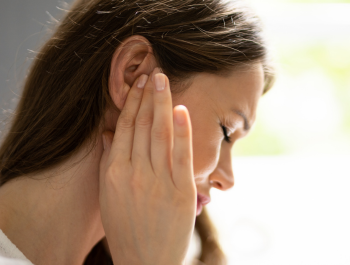 Understanding Tinnitus: Breaking the Silence for Tinnitus Awareness Week.
Understanding Tinnitus: Breaking the Silence for Tinnitus Awareness Week.
 You are unique - your hearing solution should be too!
You are unique - your hearing solution should be too!
 Diabetes and Hearing Loss: Understanding the Connection
Diabetes and Hearing Loss: Understanding the Connection
 Client testimonial - Tiffany
Client testimonial - Tiffany
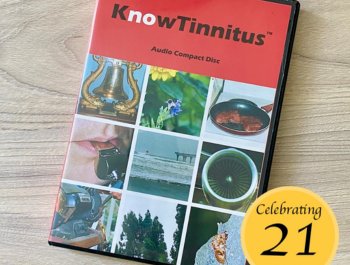 Self Help Guide for Tinnitus Relief Now Available Around the World
Self Help Guide for Tinnitus Relief Now Available Around the World
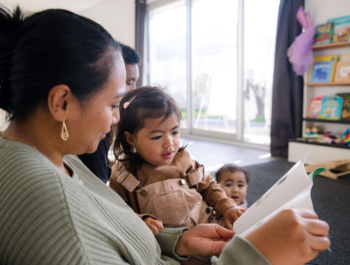 Why do I need two hearing aids?
Why do I need two hearing aids?
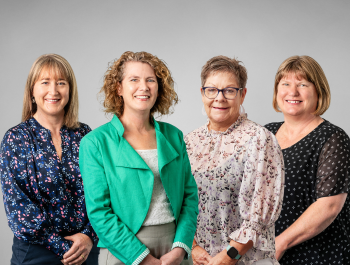 4 years of happy ears: Bellbird Hearing
4 years of happy ears: Bellbird Hearing
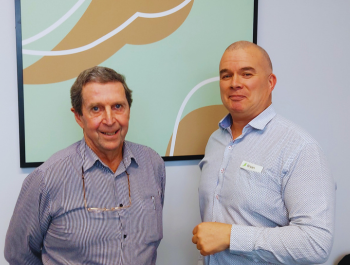 Client Testimonial - Colin
Client Testimonial - Colin
 Personalised hearing support: Bellbird Hearing
Personalised hearing support: Bellbird Hearing
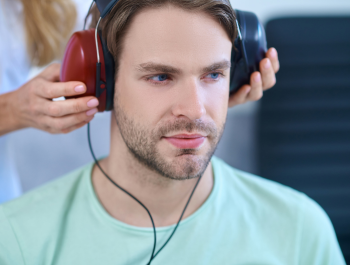 Understanding Sudden Sensorineural Hearing Loss: What You Need to Know
Understanding Sudden Sensorineural Hearing Loss: What You Need to Know
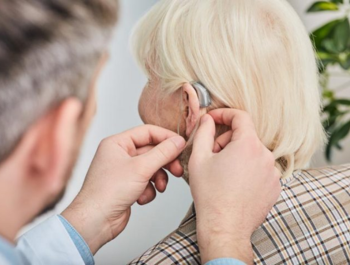 Hear here: Bellbird Hearing
Hear here: Bellbird Hearing
 Track Testing Motorsport Earplugs at the SCOPE Classic
Track Testing Motorsport Earplugs at the SCOPE Classic
 Tips for hearing in background noise
Tips for hearing in background noise
 Communication Strategies
Communication Strategies
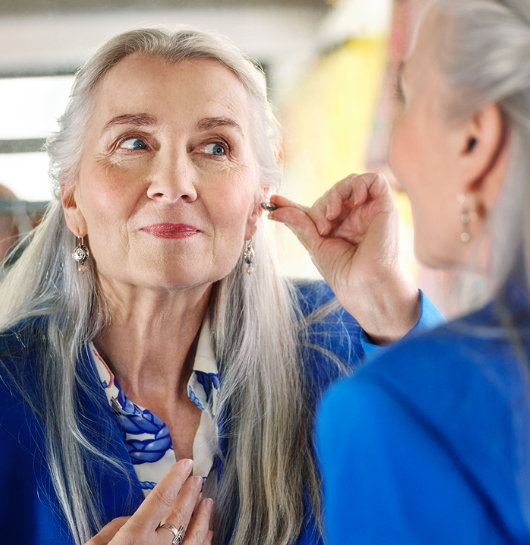 Sound Solutions: Embracing the Future of Hearing Aids in 2023
Sound Solutions: Embracing the Future of Hearing Aids in 2023
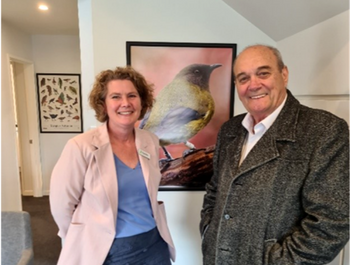 Keeping the hearing required to run a company - John Baker’s Story
Keeping the hearing required to run a company - John Baker’s Story
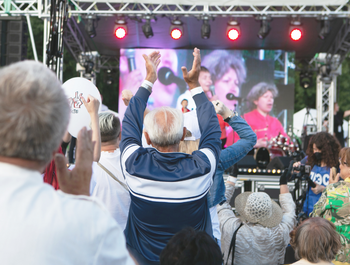 Noise induced hearing loss
Noise induced hearing loss
 The Link between Hearing Loss and Dementia
The Link between Hearing Loss and Dementia
 Do you have itchy ears?
Do you have itchy ears?
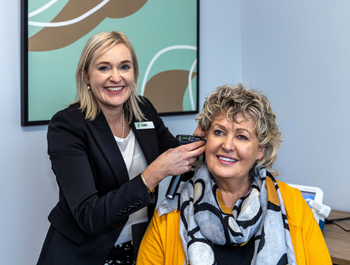 The gift of hearing
The gift of hearing
 Waxing lyrical about hearing
Waxing lyrical about hearing
 Hear to stay: Bellbird Hearing
Hear to stay: Bellbird Hearing